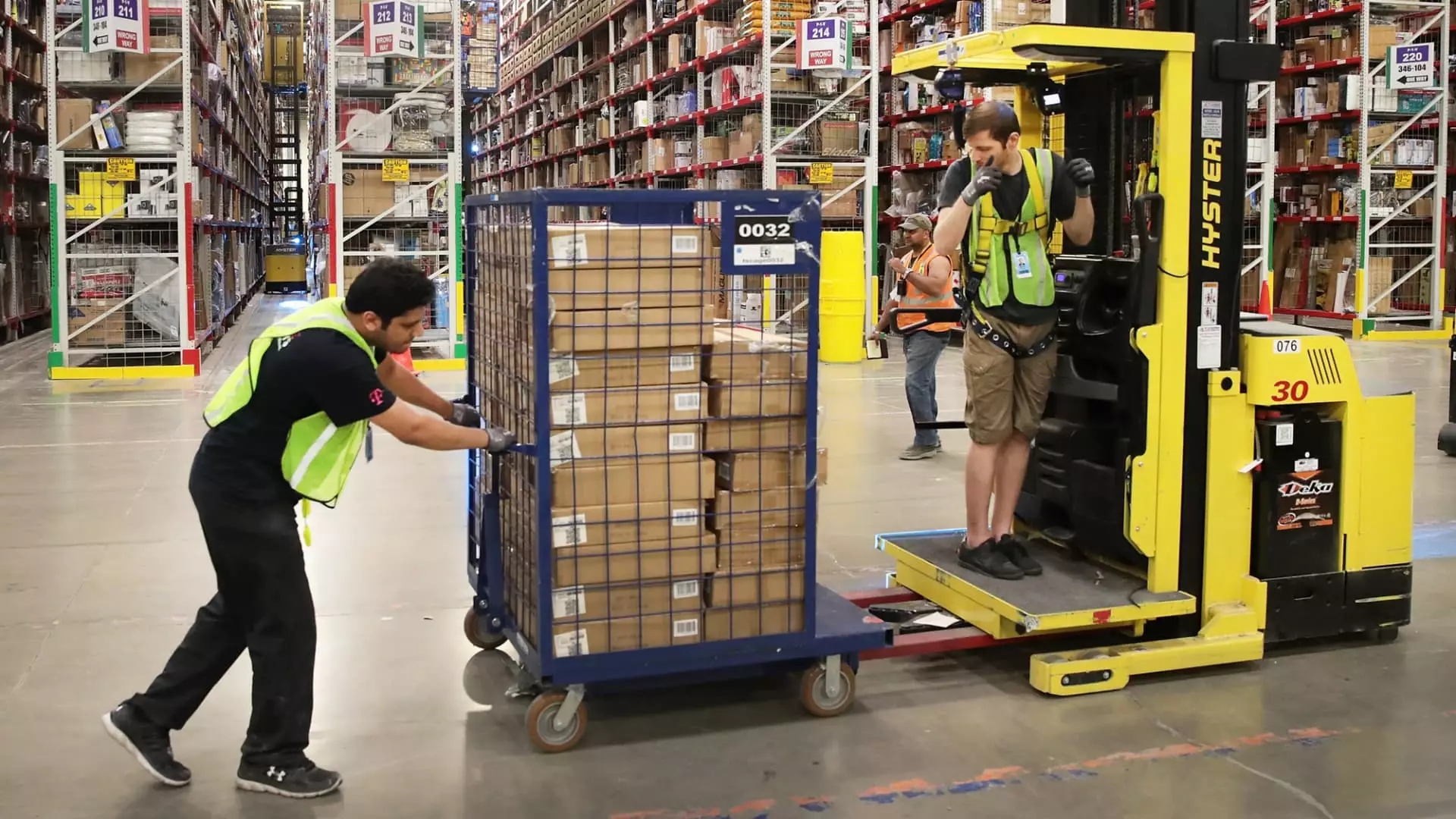The Warehouse Worker Protection Act, introduced by Democratic Sen. Ed Markey, aims to regulate the use of productivity quotas by warehouse employers, most notably Amazon. The bill is designed to address concerns regarding the well-being of employees, particularly in relation to working conditions and the enforcement of quotas.
One of the key aspects of the legislation is the requirement for employers to be more transparent about workplace quotas and potential disciplinary actions. This is crucial in ensuring that employees are aware of the expectations set for them and the consequences of not meeting those expectations. By providing workers with at least two days’ notice of any changes to quotas or workplace surveillance, the bill seeks to protect workers from sudden and arbitrary changes that may put them at risk.
The Warehouse Worker Protection Act also aims to ban the use of “harmful quotas” such as “time off task,” which has been criticized for its negative impact on employees. This metric, used by Amazon to measure the time a worker isn’t actively scanning items, has been described as strenuous and invasive by workers. By prohibiting the use of such quotas, the bill seeks to improve working conditions and prevent employers from exploiting their employees.
Amazon, as one of the largest private employers in the U.S., has been at the center of the debate surrounding productivity quotas and employee safety. The company has defended its practices, stating that it doesn’t use fixed quotas but rather relies on performance expectations. However, workers have raised concerns about the lack of transparency and the use of algorithms to determine quotas, leading to disciplinary action for those who fail to meet them.
The Occupational Safety and Health Administration (OSHA) has cited Amazon for exposing employees to safety hazards, with the pace of work being identified as a contributing factor. Additionally, the U.S. Department of Justice is investigating whether Amazon underreports injuries, further highlighting the need for increased regulation and oversight of workplace practices. Warehouse workers, like Wendy Taylor, have spoken out about the need for quota transparency and the impact of stringent quotas on their well-being.
The Warehouse Worker Protection Act represents a significant step towards ensuring the safety and well-being of warehouse workers, particularly in environments where productivity quotas are enforced. By promoting transparency, accountability, and the banning of harmful quotas, the legislation seeks to protect workers from exploitation and ensure that their rights are upheld in the workplace. It is essential for employers, particularly large corporations like Amazon, to prioritize the welfare of their employees and comply with regulations that safeguard their physical and mental health.

Leave a Reply